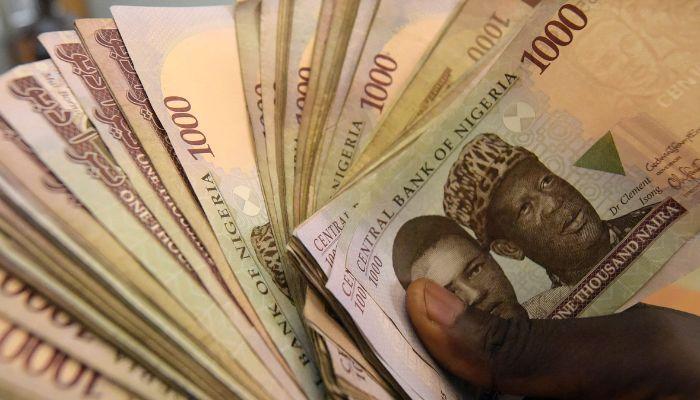The large devaluation of the naira that followed the implementation of foreign exchange reforms last year dampened the earnings of businesses with significant FX exposure, the financial results of several firms released in the past week show.
The Central Bank of Nigeria (CBN) devalued the country’s currency in June after it collapsed all segments in the FX market into the Investors’ & Exporters’ Window, with the naira closing at 751.98 per dollar on the official market as against 465.46/$ at the start of that month. It tumbled to 907.11/$ on the official market at the end of the year, while the parallel market rate closed at N1,200/$ as against N750/$ at the end of 2022.
Airtel Africa, a major provider of telecommunications and mobile money services, said the naira devaluation took a toll on its reported currency revenues, which declined by 1.4 percent to $3.861 billion for the nine months ended December 31, 2023.
Its profit after tax slumped to $2 million from $523 million in the same period of 2022, “primarily impacted by significant foreign exchange headwinds, particularly the $330m exceptional loss after tax following the devaluation of the Nigerian naira in June 2023 and the Malawian kwacha in November”.
Olusegun Ogunsanya, group chief executive officer of Airtel Africa, said in the company’s earnings release that while further currency devaluation, particularly in Nigeria, has weighed on their reported financial performance, it will not affect the execution of their growth plans.
BUA Foods Plc said the high input cost environment and further devaluation of the naira against the dollar weighed heavily on prices for raw materials, resulting in higher cost of production.
It said its cost of sales jumped by 67 percent to N477.14 billion in 2023 compared to the previous year, driven by an increase in raw materials and energy costs.
Its profit before tax increased by 12.6 percent to N120.8 billion, while its net income grew by 22 percent to N111.5 billion.
Ayodele Abioye, managing director, said the persistent devaluation of the naira during the period led to “a substantial and negative impact of foreign exchange losses”.
“Despite the margin squeeze on operating profit to 82 percent, our business remained resilient to deliver bottom-line growth of 22 percent to N111.5 billion,” he said.
UAC of Nigeria Plc said its operating expense of N20 billion was 16.1 percent higher compared to 2022 reflecting the impact of inflation on operating cost as well as the effect of naira depreciation on expenses pegged to foreign currency.
Its revenue increased by nine percent to N119 billion. The company reported an underlying profit before tax of N1.7 billion compared to a loss before tax of N4.4 billion in 2022.
Chemical and Allied Products Plc, a paints and coatings company, saw “a rapid escalation of raw material prices due to the removal of petrol subsidies and foreign exchange challenges,” said Bolarin Okunowo, its managing director, in the company’s earnings release.
Its revenue rose by 24 percent to N23.9 billion compared to the previous year, while its profit before tax was up 21 percent to N3.7 billion.
The devaluation of the naira did not bring about only pain as several banks recorded huge FX revaluation gains, which pushed up their profits. In September, the CBN asked banks should not utilise such FX revaluation gains to pay dividends or meet operating expenses but set them aside as a counter-cyclical buffer to cushion any future adverse movements in the FX rate.
The naira has weakened to new record lows this year, putting more pressure on consumers and businesses. It plunged to nearly 1,500/$1 on the official market last week after the methodology used to calculate the exchange rate was changed, in what has been described as another devaluation of the currency. The naira averaged 1,445.69/$ at the Nigerian Autonomous Foreign Exchange Market last week as against 914.44/$ in the previous week, according to FMDQ Group, which calculates the official exchange rate.

